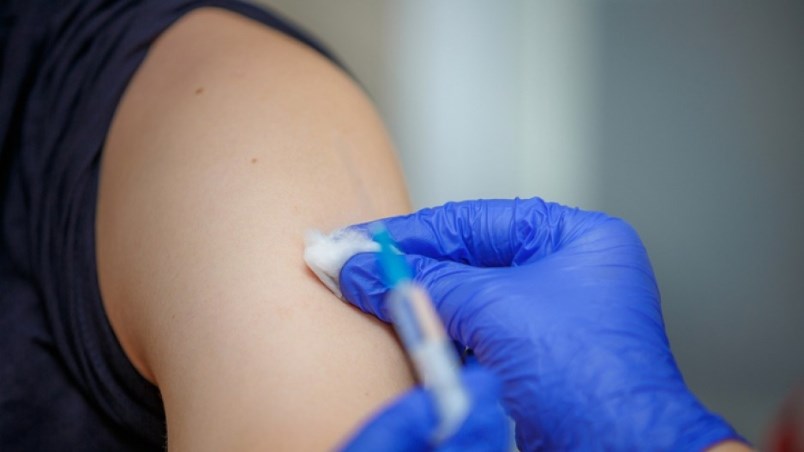Within hours of Health Canada approving the Pfizer-BioNtech COVID-19 vaccine Wednesday, B.C. public health officials announced their vaccination rollout plan for B.C.
“Today is actually an incredibly important and positive day,” provincial health officer Bonnie Henry said Wednesday afternoon
Starting next week, the first 4,000 doses of the Pfizer vaccine will be given British Columbians at two approved sites.
"After that, we are expecting to receive in the tens of thousands of doses in subsequent weeks and into early January, step up again to a higher numbers of doses," Henry said.
Henry said front-line acute care and long-term care workers will be first in line for the vaccinations. By the end of March, the province plans to have 400,000 British Columbians vaccinated – 10 per cent of the population.
While the elderly in long-term care homes are a priority population for COVID-19 vaccinations, they will not be among the first to receive vaccinations, at least initially, due to the nature of the Pfizer-BioNtech vaccine, which is fussy and fragile and requires specialized storage. It can therefore not be readily brought into care homes.
Once health professionals are more familiar with handling the vaccine, it may be able to be introduced into long-term care homes at some point. Otherwise, elderly residents of long-term care homes may have to wait for Health Canada to approve a vaccine from Moderna, which can be more easily transported and stored.
Initially, the province will set up two vaccination sites, one in the Vancouver Coastal Health Region, the other in the Fraser Health Region. By late December or early January, nine sites will be set up throughout B.C.
Ross Brown, vice president of pandemic response at Vancouver Coastal Health, said health authorities will work with acute, long-term and assisted living staff to book scheduled appointments for staff to receive vaccinations at the two designated sites.
Next, after front-line health care workers, priority populations to receive the vaccines will include certain vulnerable populations, including the homeless and First Nations in remote communities.
Asked if it might not create some resentment to be vaccinating homeless people over front-line workers, like teachers, Henry said that is to be expected.
"I expect everybody is going to be saying, 'Where am I on the list?'" Henry said.
In other settings, such as schools, she said it is easier to take precautions that prevent the spread of the virus. It is much more difficult to have controls in place with homeless people, many of whom often have underlying illnesses that makes them more vulnerable to infection.
Later in March and April, the next in line for vaccinations will be other front-line workers: paramedics, firefighters, workers in processing plants, grocery store workers and teachers.
Henry said that the unique approach to making the Pfizer-BioNtech vaccine -- which uses a messenger RNA platform -- comes with challenges that makes it inappropriate for some people: pregnant women, people with severe autoimmune disorders, and children under the age of 16.
"It will not be recommended for this segment, because we don't know how it works in pregnant women, and as well as people who have compromised immune systems, either through the treatments such as cancer treatments, or because of severe autoimmune disorders," Henry said.
However, those segments of the population will be eligible for vaccines, as others become available.
"We expect that some of the more traditional vaccines that will be available later in the spring will be able to be used in immunocompromised people and they will be a priority."
Although the province hopes to have 400,000 British Columbians immunized by the end of March, that doesn't mean many of the restrictions and precautions now in place will necessarily be able to be relxed. Achieving herd immunity would require 60 to 70 per cent of the population to be vaccinated, Henry said.



